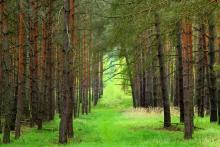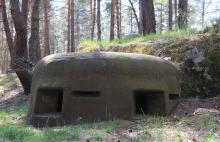 Asset Publisher
Asset Publisher
FOREST PROTECTION
 Ochrona lasu, fot. Wojciech Komczynski
Ochrona lasu, fot. Wojciech Komczynski
 Ochrona lasu, fot. Wojciech Komczynski
Ochrona lasu, fot. Wojciech Komczynski
 Szkodnictwo leśne, fot. Mariusz Grondys
Szkodnictwo leśne, fot. Mariusz Grondys
The knowledge of natural processes and the control of forest environment allow the foresters for an early diagnosis of dangers that may have a negative impact on the condition of forest. Every year, the foresters take actions to preserve forest life and increase its natural resistance to damage-causing factors.
The dangers are divided into three groups:
- biotic - caused by excessively developed populations of harmful insects, pathogenic fungi or herbivorous mammals;
- abiotic - extreme atmospheric phenomena (e.g. strong winds, snow, heavy rains, high and low temperatures);
- anthropogenic – caused by man (e.g. fires, industrial pollution, littering the forest).
Forest protection requires prevention. That's the basic rule. It encompasses a set of actions, designed to increase the resistance of forest to pests and pathogenic factor. The model actions are to aim at upholding and restoring nature-like forest ecosystems. Only the most nature-like ecologic conditions can ensure the sustainability and optimal productivity of forests.












